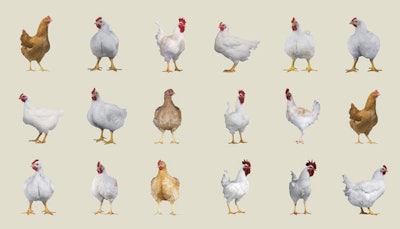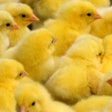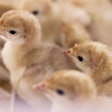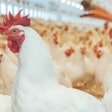
Sustainability is a high priority for the poultry industry. The International Poultry Council (IPC) affirmed its commitment to sustainability via the Declaration of São Paulo. In this Declaration, the IPC prioritized five of the United Nations (UN) Sustainable Development Goals (SDGs) as areas where members of the poultry value chain can make a difference.
One of these priority SDGs is Zero Hunger. That is an important goal for us, and one of many strategies we are applying is biodiversity, enabling poultry breeders to offer producers choice for today and tomorrow.
What is biodiversity?
Biodiversity, in its broadest sense, refers to the variety of life on earth, including the diversity of populations in a species. As it applies to poultry breeding, biodiversity involves looking after a large and diverse gene pool to give producers a medley of breeds to choose from - birds that thrive in the world’s differing climates and growing conditions and that meet consumer preferences around the world.
This genetic diversity gives poultry companies the ability to provide a sustainable and affordable food source to citizens in their local communities.
Rapidly changing market trends
The COVID-19 pandemic is a recent example of how the future can change quite quickly and unexpectedly.
As people became homebound during the pandemic, trends such as grocery store pickup and delivery services surged. Families gathered around the table at home more, visiting restaurants less. The online meal kit industry boomed, and is expected to thrive beyond the pandemic.
These pandemic-induced shifts in preferences and consumption patterns are great examples of the need for poultry companies to be sensitive to market trends, to think ahead and innovate. We have learned a valuable lesson that, to remain competitive, the poultry industry must keep a close check on the market to be ready to respond amid the rapidly shifting sands of market desires. In the poultry industry, this means the ability to provide the right bird, for the right market, at the right time.
Transparency and choice
What we are seeing today is a growing number of informed consumers. They want healthy food and, in the case of meat, they want to know that the animals were treated well and were grown in an environmentally responsible way.
With the increasing importance of social media, which can contain misconceptions and misinformation, it is incumbent on our industry to help educate the public with research-based data and information, while providing food that meets varying consumer requests.
The recent Broiler ASK, also referred to as Better Chicken Commitment (BCC), illustrates the call for market variation. This society initiative with management and broiler breed requirements can be addressed by the development of slower-growing breeds targeting organic and alternative market segments.
Thus, poultry breeders should offer a range of breeds, including conventional and slower-growing, and always look for new options to cater to new requirements and preferences.
I would like to leave you with a quote from Dr. David MacDonald of Oxford University: “Without biodiversity, there is no future for humanity.”
While the professor was referring to biodiversity in all its forms and interactions, I do firmly believe that biodiversity and genetic diversity are vital to the sustainability of our industry and our ability to responsibly put food on the tables of families in our ever-growing world communities.
















